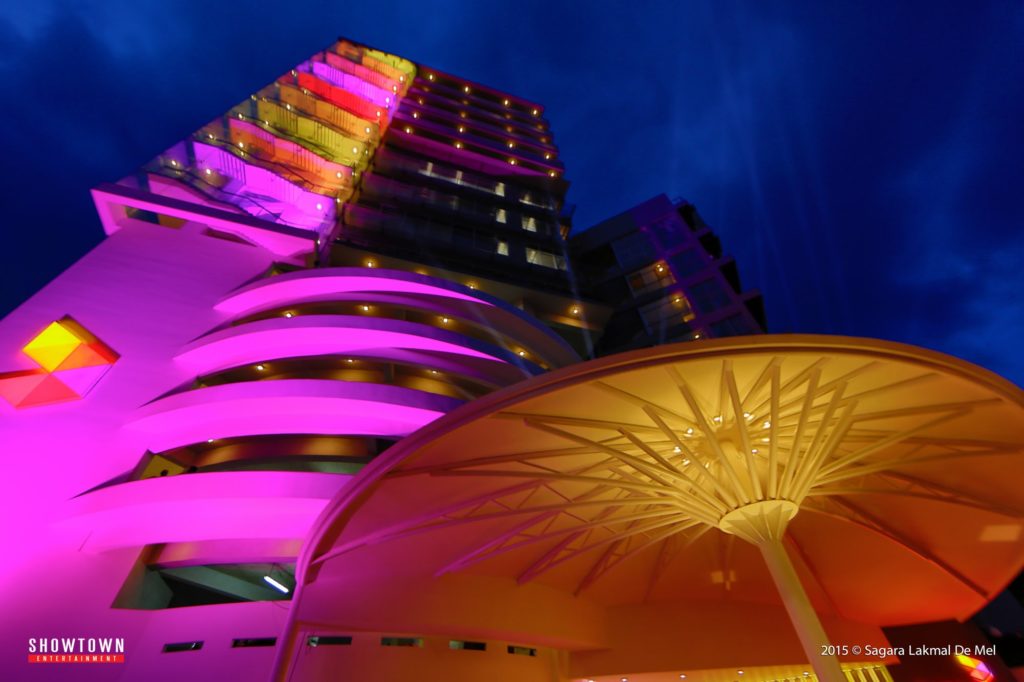Featured image courtesy Showtown Entertainment
On the afternoon of September 20th, Dialog suffered disruptions to its service and network coverage for less than an hour. This affected voice, data and SMS services on mobile phones – quite significant given that the company has
The news of this broke, almost inevitably, on Twitter first.
My Dialog connection is still down.. It's been few hours though..
Thank u tweeps for being d news source.. #DialogDown pic.twitter.com/nNrmcqq3MS— Ákhila Sudharaka ? (@akhilasg) September 20, 2017
@dialoglk facing a Network problem for the first time in last 5 years #DialogDown ?#lka #sriLanka
— Rayees Hassan (@Rayeeshassan720) September 20, 2017
Next, it was picked up by mainstream media outlets.
Dialog voice connections down due to technical issue for smart phones
— Ranga Sirilal (@rangaba) September 20, 2017
Dialog suffers country-wide 'network failure'#DialogNetworkFailure #SriLanka #lka #news #Dialog https://t.co/42zdPuX3zy
— The Sunday Times (SL) (@TimesOnlineLK) September 20, 2017
To their credit, Dialog was quick to explain that the outage was due to a power systems failure.
HI, currently we are facing a network difficulty & our team is working on it to rectify the same ASAP.Pls bear with us until such time. ^gen
— Dialog Axiata (@dialoglk) September 20, 2017
Screenshot from the Dialog website
Sixty minutes might not seem like a long time to be disconnected, but people did feel its impact. “Given the time, quite a large number of import or export agents would face issues with trying to coordinate with container truck drivers and banks,” Gopiharan Perinpam, Assistant Superintendent of Sri Lanka Customs, said. On a personal level, Gopiharan said he had been unable to use PickMe or Uber to travel to Katunayake for a night shift. As a result, he had had to hail a three-wheeler and then take a bus, which lost him some time.
Meanwhile, activist Mohamed Hisham said he was personally impacted, as most of his family uses mobile phones.
“We don’t have landlines as we thought there was no need to have them, given that everybody is on the move. So it was quite frustrating to have the downtime,” Hisham said.
“However, I am not blaming Dialog, given that technology platforms are supposed to have downtime. Having uninterrupted service for years, this one down time can’t be used to just reject a service; nevertheless as a corporate with the biggest profit margins and widest reach Dialog should have invested in back-up solutions which can be implemented as soon as the primary network failed,” Hisham said.
Dialog Group was a significant contributor to state revenues, remitting Rs31.7Bn to the Government of Sri Lanka (GoSL) during the financial year ended 31st December 2016, which represented an increase of 15% YoY.
Others shared stories of minor inconveniences:
https://twitter.com/_piNgi_/status/910823797657190400
got shouted at by a PickMe driver for not picking up the phone. It wasn't even my booking ?
— Vindhya Buthpitiya (@vindib_) September 21, 2017
Couldn't pay the dialog bill yesterday
— RS23.io (@Ragulan23S) September 21, 2017
Updated to IOS 11. No service on phone, mean time dialog server down. I was scared my dearest phone.
— 22 (@shahadthahir) September 20, 2017
Competitor companies took advantage of the situation:
https://twitter.com/EtisalatSL/status/910453718365155329
A few others said they weren’t impacted at all by the outage.
https://twitter.com/thila794/status/910749295090974720
https://twitter.com/Indrajithonline/status/910491470439833600
The National Movement for Consumer Rights Protection has demanded that Dialog compensate their customers.
National movement for consumer rights protection demands @dialoglk to compensate its customers for network breakdown pic.twitter.com/TPqtHUKrq0
— Ranga Sirilal (@rangaba) September 21, 2017
For its part, Dialog responded by waiving fees incurred on September 20th.
The Telecommunications Regulatory Commission whose mandate includes dealing with the public on complaints on network coverage, were unable to confirm whether they had received complaints on the outage – with some representatives saying they were unaware about the issue. The Director General was unavailable for comment at the time of writing this article.
More than anything, the outage highlighted people’s growing reliance on technology – it was mostly through social media, such as Facebook or Twitter, that people received first received confirmation of the outage – either from Dialog directly or from friends.
Those who have shifted away from the use of landline phones, as well as those relying on apps such as PickMe and Uber for transport suffered inconvenience. Many however reported no ill-effects, possibly due to the fact that the outage happened during working hours.
Those who enjoyed this article might find “Dialog Accused of not fully cooperating in Prageeth Eknaligoda case” and “The Other Side” enlightening reads.
